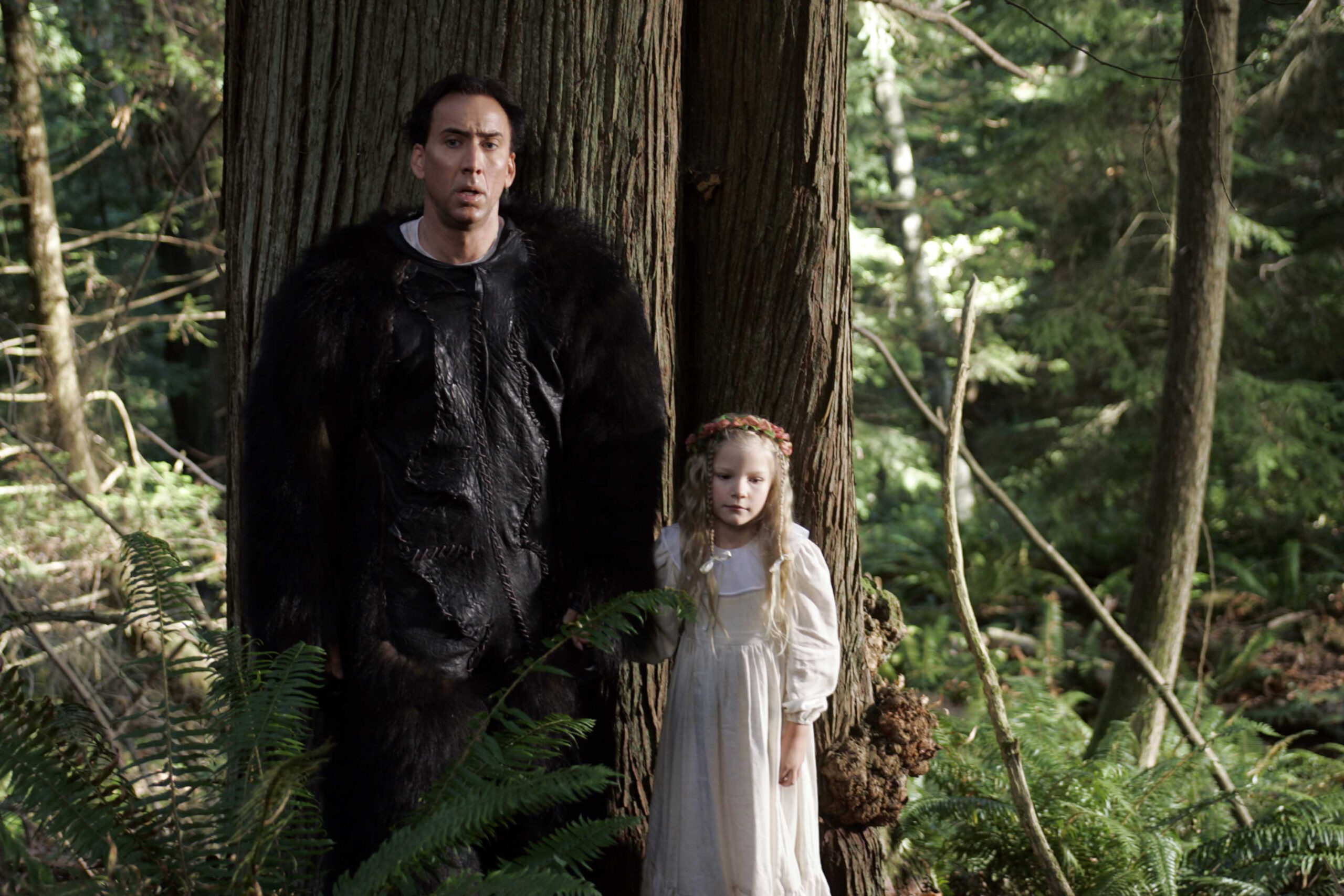The 1980s were a golden age for horror films. Taking influence from ‘70s then-underground classics like The Texas Chainsaw Massacre and Black Christmas, the “slasher film” ushered a new era of brutality within the genre. Iconic ‘80s slasher franchises (think Friday the 13th or A Nightmare on Elm Street) were box office hits, even in spite of their violent, albeit cheesy, content. However, the decade spawned far more great horror than it’s often given credit for. Here are five underrated ‘80s horror movies.
Possession (1981)
Widely considered to be Polish director Andrzej Żuławski’s masterpiece, Possession is a journey into the deteriorating mind of Anna, a mother and wife seeking a divorce from her neglectful husband Mark. As the film progresses, its world warps from realistic to sinister, reflecting Anna’s descent into insanity. Meanwhile, Mark is investigating his soon-to-be ex-wife’s double life; what he finds is as frightening to the viewer as it is to him.
Possession is not a surface-level story of demonic possession. Within it are layers upon layers of symbolism, its disturbing, and at times disgusting (if you know, you know), horror necessary to express the mental anguish that comes with a deteriorating relationship. Żuławski co-wrote the story in response to his difficult breakup with actress Małgorzata Braunek. Completely crushing our culture’s idealistic notion of relationships, the film is bleak, thought-provoking, and ultimately horrifying.
Parents (1989)
Set in a California suburb in 1958, Parents tells the story of a 10 year-old boy named Michael, whose parents have a strange preoccupation with something that he can’t quite put his finger on. What this something is turns out to be more sinister than anything he could have imagined. It is a slow-burn of a plot, with Michael’s environment going from “a bit off” to full-blown terrifying.
Parents was initially met with mixed reception. In the 30+ years since, however, it has attained cult status, its seamless blend of horror and satire of the false idealism of 1950s America perhaps more appealing today than it was during the time of its release. Parents does not push its politics down the viewer’s throat; both its humor and horror are subtle, yet incredibly effective.
Tetsuo: The Iron Man (1989)
Japanese horror has always been on the cutting edge. But even by J-horror standards, Shinya Tsukamoto’s Tetsuo: The Iron Man is one strange film. The story begins with a so-called metal fetishist being run over by a businessman and his girlfriend. The two bury the fetishist, thereby hiding evidence of their crime. However, the killing has left a curse of sorts on the businessman, who slowly transforms into a human/machine hybrid, complete with a functioning phallic drill. (Yes, you read that correctly.) Things take an even stranger turn when the metal fetishist comes back from the dead to seek revenge on the businessman.
Filmed in black-and-white and containing little dialogue, Tetsuo is a bleak vision of an overly-industrialized future, a comment on mankind’s ever-growing reliance on machinery. Or maybe it’s just bizarre for the sake of being bizarre, and there’s nothing wrong with that. No matter what purpose it was intended to serve, Tetsuo is an engaging, well-directed horror film that can’t really be compared to anything else.
Society (1989)
Brian Yuzna’s Society is arguably the greatest body horror film not directed by David Cronenberg. Its protagonist Bill Whitney is a high school athlete who feels a disconnect from his affluent, Beverly Hills-residing family. His negative perception of them is cemented when his friend gives him a surreptitiously recorded cassette of what sounds like Bill’s family about to engage in an orgy. Things somehow get even stranger when said friend dies under mysterious circumstances, and the damning cassette tape’s audio is replaced with far more innocent banter.
Bill’s investigation into his family’s secrets leads to one of the absolute goriest endings the entire horror genre has to offer. Unlike Parents, Society’s political message is not a subtle one. But then again, Society is not exactly a subtle film. It holds nothing back in its attempt to disgust the viewer.
The Toxic Avenger (1984)
The film that solidified Troma Entertainment as an irreplaceable figurehead within the world of cult cinema, Lloyd Kaufman’s The Toxic Avenger is essentially a comedic superhero movie so riddled with gore and disturbing imagery that it ventures into the realm of horror. It presents us with Melvin, a nerdy janitor who, after falling into a vat of toxic waste, becomes a deformed superhero called The Toxic Avenger. Through acts of extreme violence, The Toxic Avenger cleans up the crime-ridden town of Tromaville, along the way finding love in a blind woman.
Yes, The Toxic Avenger is a B-movie. But in all its over-the-top campiness, it manages to be endearing. For fans of cult cinema, it is a nearly perfect film that somehow attacks the entire spectrum of emotion.
A remake is currently in the works. While it is said to be more family-friendly than the original, fans can only hope that it attracts a new generation to the magic that is Lloyd Kaufman’s The Toxic Avenger.







